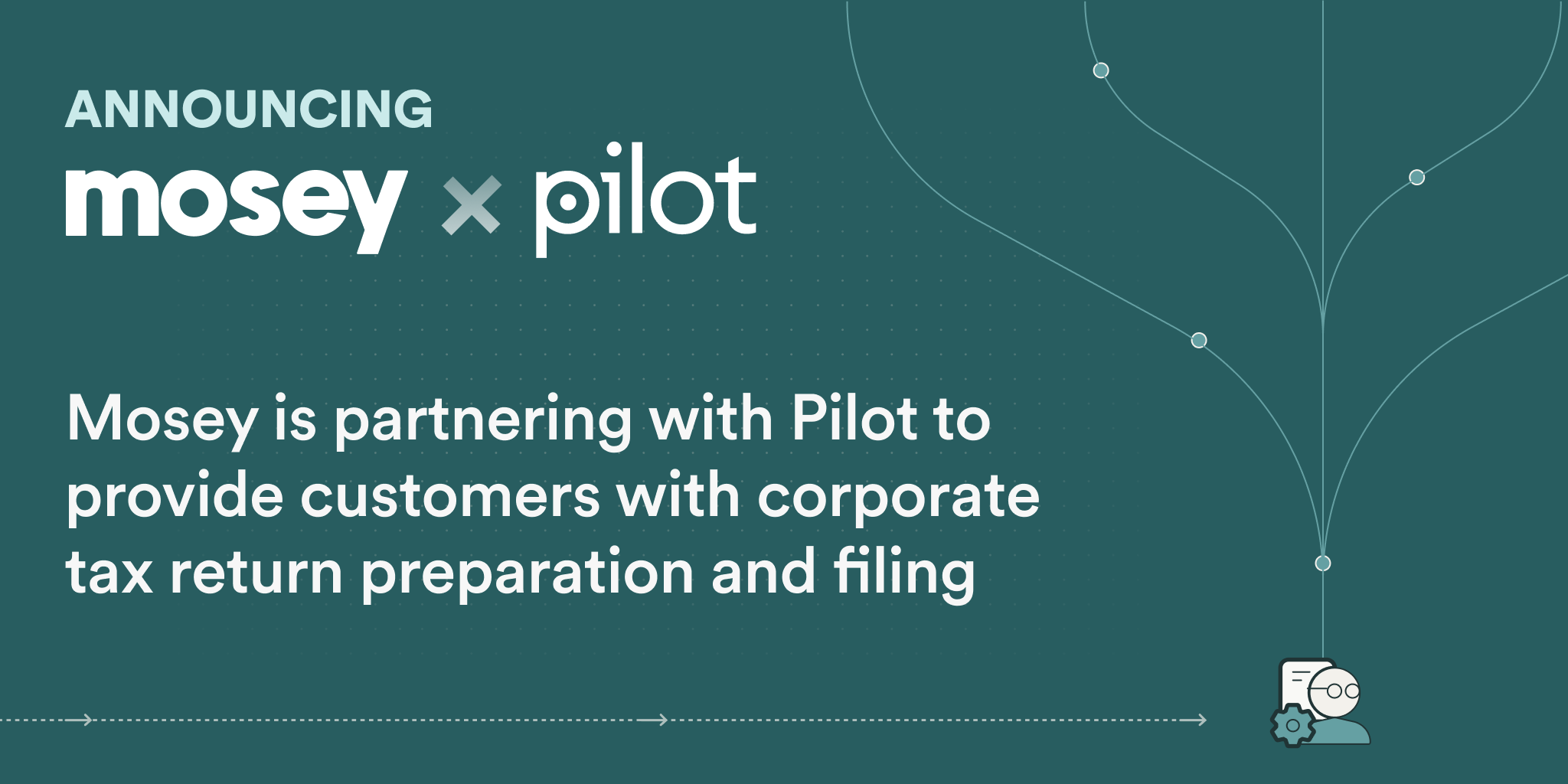When your company hires employees in New Mexico, you are required to comply with federal, state, and local employment laws. There are a variety of human resources and labor policies in the workplace that differ by state. Through your employee handbook, employers can easily document and distribute the correct policies to their employees to comply with the laws of each state.
Creating your New Mexico Employee Handbook is a useful way to explain important policies and procedures, mitigate legal risk, and introduce employees to the expectations and operating practices of the organization.
Mosey has compiled the relevant policies a company with employees in New Mexico must consider.
Launch your employee handbook in minutes.
Everything you need to automate a compliant handbook for all 50 states.
New Mexico Employee Handbook Policies
There are 10 state and local employee handbook policies in New Mexico.
Wage and Hour
New Mexico Minimum Wage Policy
You are entitled to a minimum wage of at least $12.00 per hour in New Mexico. If you are a tipped employee, you are entitled to at least $3.00 per hour. If your tips and hourly wage do not equal $12.00 per hour, Employer must cover the difference.
New Mexico Lactation Break Policy
You are entitled to reasonable break time each day to express breast milk. These breaks will generally align with any existing paid or unpaid breaks and can be adjusted to suit your needs. You may coordinate additional breaks with your supervisor and should make reasonable efforts to minimize disruptions to business operations.
Employer will provide a private, secure, and sanitary location for expressing breast milk, which is not a bathroom, shielded from view, and close to your work area. The space will be available whenever you need it.
If providing breaks or space creates undue hardship on business operations, Employer may be exempt. Retaliation or discrimination against employees exercising their rights under this policy is prohibited.
Vacation, Sick, and Safe Leaves
New Mexico Paid Sick Leave Policy
Employees of Employer are entitled to earn one hour of paid sick leave for every 30 hours worked. Employees may use up to 64 hours of paid sick leave each year, as soon as it accrues, for personal medical needs, family members’ medical needs, or issues related to domestic violence.
Leaves of Absence
New Mexico Voting Leave Policy
Employer is required to provide employees with two hours of time off to vote and Employer will specify the period during which employees may be absent from work to vote.
New Mexico Jury Duty Leave Policy
You are entitled to take leave job-protected leave for jury duty without losing your job or being threatened by Employer. Employer does not have to pay you for jury duty. You cannot be required to use vacation, annual, or sick leave for jury service unless those benefits are already provided. You should provide notice of your jury duty and can request a certificate from the Jury Office to show how long you served.
New Mexico Volunteer Emergency Responder Leave Policy
You are permitted to take job-protected leave to perform emergency duty as a volunteer emergency responder.
New Mexico Military Service Leave Policy
You are entitled to unpaid leave for military service or up to one year of hospitalization due to such service. After completing your service or hospitalization, you will be reinstated to your previous or a comparable position, unless significant changes within Employer make reinstatement unreasonable. You must request reinstatement within 90 days and, when possible, provide advance notice of military obligations.
New Mexico Domestic Violence Leave Policy
You are entitled to take up to 14 days of domestic abuse leave per calendar year, with a maximum of eight hours per day. This leave may be used to seek protection orders, meet with law enforcement, consult attorneys or victim advocates, or attend court proceedings related to domestic abuse involving you or a family member.
Privacy
New Mexico Electronic Monitoring Policy
Employee should be advised that all telephone conversations or transmissions, electronic mail or transmissions, or internet access or usage by an employee by any electronic device or system, including but not limited to the use of a computer, telephone, wire, radio or electromagnetic, photoelectronic or photo-optical systems may be subject to monitoring.
New Mexico Social Media Privacy Policy
Generally, Employer is prohibited from accessing your personal social media accounts and will not discipline or terminate an employee for refusing to disclose their social media login information or for denying to provide access to their social media accounts.
Employee handbook builder
Build your employee handbook in every state and keep it up to date automatically with Mosey.
Federal Employee Handbook Policies
Regardless of which states you have employees in, there are required federal policies that must be included in your employee handbook. In addition to any state-specific policies, your employee handbook for New Mexico should contain the following federal policies.
- Anti-Harassment Policy
- Anti-Sexual Harassment Policy
- Anti-Retaliation Policy
- Equal Employment Opportunity Policy
- Reasonable Accommodation Policy
Handbook Policy Best Practices
In addition to the required federal policies, the following policies are best practices to include in your employee handbook.
- Prohibited Conduct Policy
- Violations Reporting Policy
- Workplace Violence Prevention Policy
- Weapons Policy
- Disciplinary Action Policy
- At-Will Employment
- Federal Uniformed Services Employment and Reemployment Rights Act (USERRA) Policy




